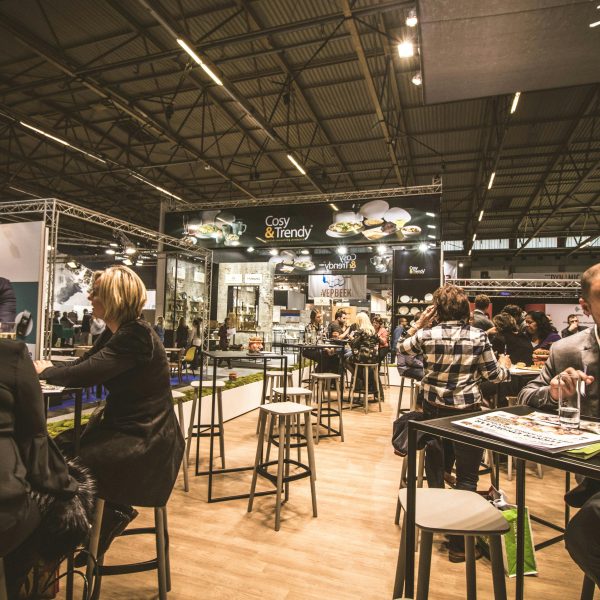Falling in love is simple, but making love last takes effort! Some couples smoothly go through all the relationship stages, while others struggle and may break up because of trust issues, differences, loyalty, or impatience.
Every couple needs open talks, honesty, vulnerability, understanding, and hard work. Knowing these stages can help you deal with challenges. Scientists studied love in relationships and found six main stages couples experience. We’ve shared some tips to help you navigate these stages and make your relationship successful.
The Euphoric Stage
The first stage of a relationship is the honeymoon phase. It’s the exciting, intense, and loving stage when couples first start dating. In this stage, couples feel really happy and can’t get enough of each other. They might even believe they’ve found their perfect match and want to be together all the time.

It’s a wonderful phase of love, but it’s important to remember that your emotions are strong, and your judgment might not be clear. Take a step back and think about whether this person is the right fit for you in the long run.
Don’t rush into big decisions that could affect your life because this stage can cloud your judgment. The intense infatuation you feel now won’t last forever, so don’t make impulsive choices just because you’re in love.
The Early Attachment Stage
In this stage, the more advanced part of our brains starts to work. A part of our brains called the ventral pallidum, which is connected to attachment, becomes more active. You still feel a lot of love for your partner because of hormones like oxytocin and vasopressin, but now your thinking brain is also working. You realize that you and your partner are different people with different wants and needs. Both of these stages are about couples in love who want to have a future together.
You’ll know you’re in this stage when you can sleep better and don’t always think about your partner. Your love becomes deeper, and as you get to know your partner more, your bond becomes stronger. You’ve probably faced some challenges together, which has brought you closer. It’s important to support each other and work towards a partnership that brings out the best in both of you.

The Crisis Stage
The third stage of a relationship is the crisis stage, where doubts and problems arise. The initial excitement fades, and differences and issues become apparent. During this stage, arguments and disagreements increase, causing irritation and distance. These emotions mix with frustration and uncertainty, but they don’t mean the love is gone.
As negative feelings grow, so does stress. Couples may argue more or withdraw, wanting things their way and fighting for their beliefs. To navigate this stage, learn conflict management and resolution. Treat each other with respect even when angry, as disagreements are normal and don’t signify failure. Differentiate between unhealthy control and healthy disagreements. Repair and resolve issues to strengthen your relationship. Consider couples therapy sooner rather than waiting for years of unhappiness. Waiting too long can lead to deeper problems and make it harder to break negative patterns.
The Disillusionment Stage
The next stage of relationships is disillusionment, and it can feel like the end for some couples. Everything’s out in the open, and power struggles are obvious. Issues that were ignored before now can’t be ignored any longer. Some couples become overly watchful and ready to argue over small things. Others slowly drift apart, avoiding conflicts and not putting effort into the relationship. The initial passionate love has faded.
To navigate this stage, create a safe space and address the problems instead of ignoring them. Even if arguments feel repetitive, facing them is essential. Don’t let issues pile up like a lump under the rug, as it can lead to a fall you might not recover from. Show kindness and affection even when angry. Focus on the positives and remember why you fell in love in the first place. Practice gratitude and appreciate your partner’s qualities.

The Decision Stage
This stage is called the decision stage in relationships. It’s a breaking point where you might have emotional breakdowns, avoid each other, or even consider leaving. Self-protective behavior, distance, and indifference become common. You must decide whether to leave, work on the relationship, or do nothing.
Improving communication won’t solve the problem now. You may need help from an experienced couples therapist, preferably one trained in Emotionally Focused Therapy (EFT).
Couples often blame their partner, but both share responsibility. By exploring root causes and sharing feelings, both partners can understand each other and maybe give the relationship another chance.
Wholehearted Love
The last stage of a relationship is when it’s at its best and healthiest. Couples discover more about themselves and accept each other’s imperfections. They realize that there’s no such thing as a “perfect match.”
In this stage, couples still put in effort, but they’re better at handling their differences and listening to each other. They can have difficult conversations without attacking or feeling threatened. They start to relax, laugh, and deeply enjoy each other’s company again. They rediscover themselves and fall in love once more.
To maintain this stage, appreciate each other’s qualities like generosity, humor, resilience, and boundaries. Focus on self-growth and self-care, and it will positively impact your relationship and other parts of your life. All relationship stages have their ups and downs, but the key is to keep growing your love for each other at every stage.






